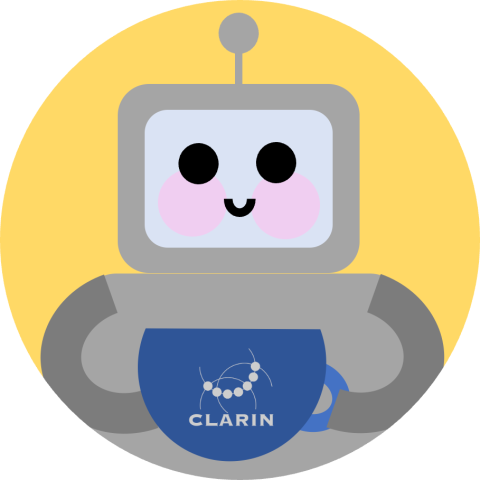
The release of ChatGPT, Bing Chat and, more recently, GPT-4, has turned the spotlight on language models and generative chatbots. The interest in AI-generated language data and human-machine interaction is significant, underpinned by extensive coverage in the media. However, many of the discussions tend to focus on the chatbots’ ability to produce content, and their potential uses in the future. Few address the specific issues relevant to those working with digital language resources.
CLARIN’s legal experts - the CLARIN Legal and Ethical Issues Committee, or CLIC - made this topic the focus of the latest CLARIN Café. Entitled 'Do Chatbots Dream of Copyright?' Copyright in AI-generated Language Data, the Café brought together a group of experts from different fields in order to explore the legal implications of working with or using AI-generated texts, and specifically whether these texts can—and should—be protected by copyright.
Read the full impact story here.